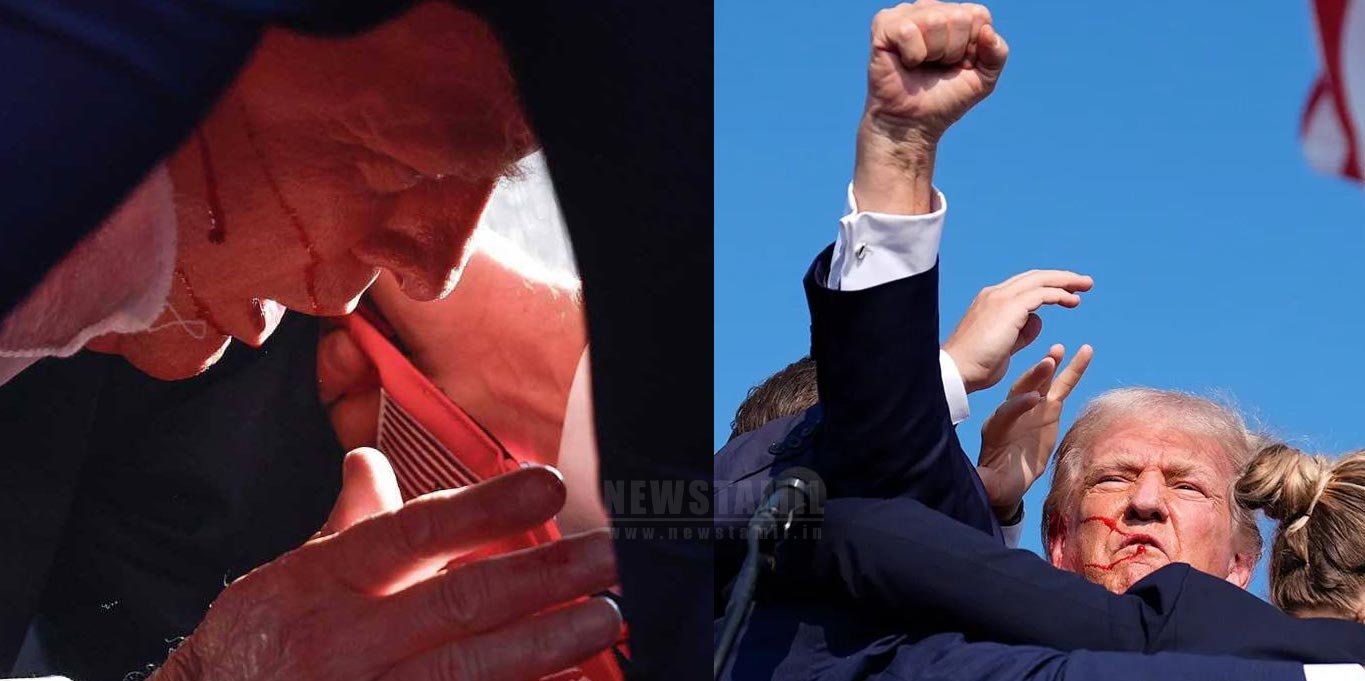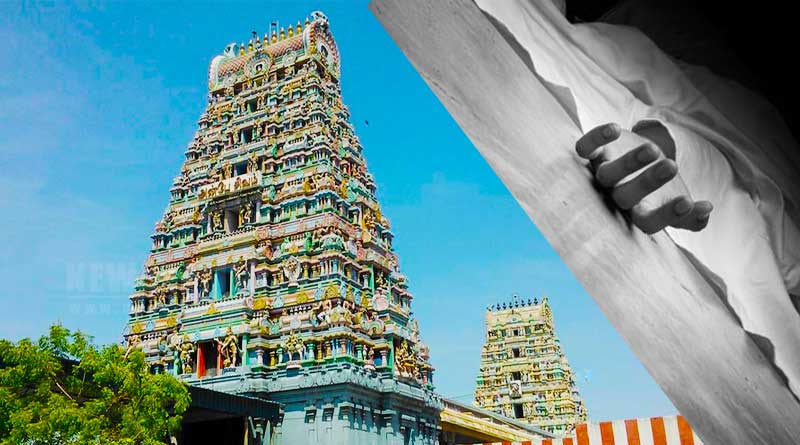In a significant development on Thursday, the Supreme Court of India granted interim bail to Delhi Chief Minister Arvind Kejriwal in the Delhi Excise Policy case. The apex court also referred Kejriwal’s petition challenging his arrest by the Enforcement Directorate (ED) to a larger bench for further deliberation.
The case, which has garnered substantial media attention, revolves around allegations of irregularities and corruption in the formulation and implementation of the Delhi Excise Policy. The ED has been investigating the matter for several months, and Kejriwal’s arrest marked a pivotal moment in the ongoing probe.
During the hearing, Kejriwal’s legal team argued that his arrest was politically motivated and lacked substantial evidence. They contended that the ED’s actions were an attempt to stifle political dissent and undermine the elected government of Delhi. The defense emphasized Kejriwal’s cooperation with the investigation and his commitment to transparency in public office.
The Supreme Court, while granting interim bail, noted the importance of upholding the principles of justice and fair trial. The bench highlighted that the decision to grant bail should not be seen as a reflection of the merits of the case but rather as a safeguard against potential misuse of power. The court also underscored the need for a thorough and impartial investigation, free from political influence.
The interim bail order is expected to provide temporary relief to Kejriwal, allowing him to continue his duties as the Chief Minister of Delhi while the legal proceedings unfold. However, the referral of the petition to a larger bench indicates the complexity and gravity of the issues at hand. The larger bench will be tasked with examining the broader constitutional and legal implications of the case, including the powers and limitations of investigative agencies like the ED.
Political reactions to the Supreme Court’s decision have been mixed. Supporters of Kejriwal and his Aam Aadmi Party (AAP) have welcomed the interim bail, viewing it as a vindication of their stance against the alleged misuse of investigative agencies. On the other hand, critics argue that the allegations of corruption are serious and warrant a thorough investigation without any interference.
As the case progresses, it is expected to continue drawing significant public and media attention. The larger bench’s deliberations will be closely watched, not only for their impact on Kejriwal’s political career but also for their broader implications on the functioning of democratic institutions and the rule of law in India.




